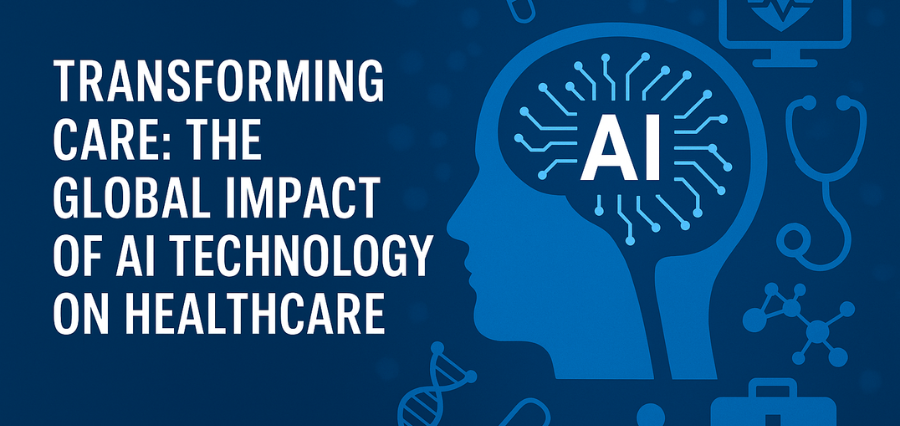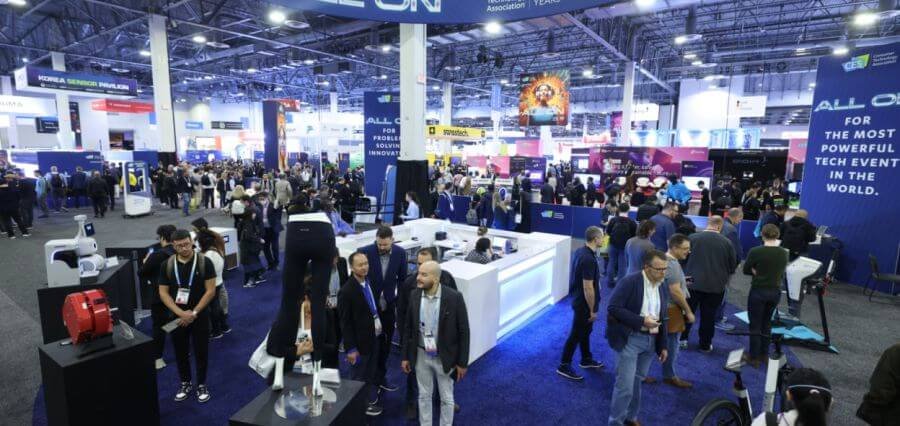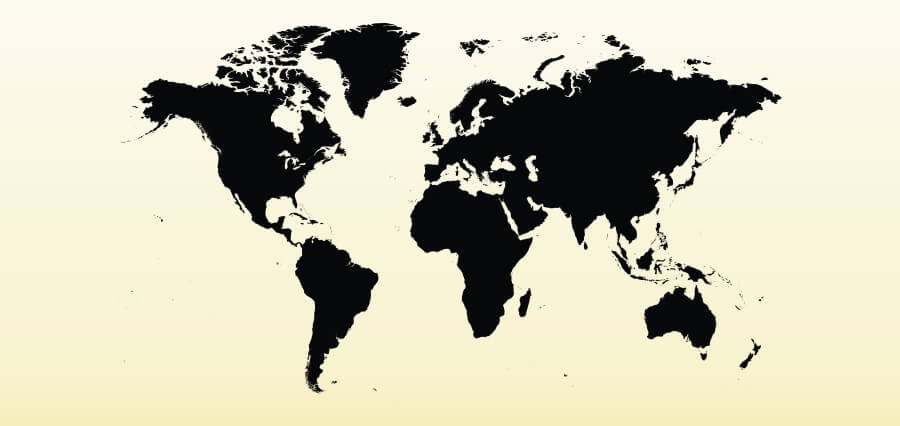Over the past several years, AI technology has revolutionized most areas of life, but most intensely its impact can be felt in the area of world healthcare. With the world increasingly becoming more connected and healthcare challenges more complicated, application of artificial intelligence is revolutionizing the manner in which we are treating medicine, caring for patients, and managing health. From early-stage diagnosis to robotic surgery, to precision treatments and forecasted data, the universe is enormous and expanding day by day.
AI Technology in Early Diagnosis and Detection
One. One of the largest issues that AI technology has introduced to healthcare across the globe is the ability to read and enable early and correct diagnosis. AI software can read medical scans such as MRIs, CT scans, and X-rays correctly. The machines are able to view and diagnose lesions such as tumors, fractures, or infections well before human capability. For example, Google’s DeepMind has developed AI that can beat radiologists at detecting breast cancer.
In third-world nations, where doctors and medical staff are typically undermanned, AI-assisted diagnostic software is the miracle worker. Locally positioned healthcare workers with internet and mobile phone connectivity can now utilize AI-enabled platforms to diagnose conditions and refer patients to their specialists on time, filling the patient and specialty care gap.
Personalized Treatment Plans
Another area where AI technology is causing ripples is in the arena of personalized or individualized medicine. Through the use of analysis of genomic data, life style data, and patient data, AI will make it possible for physicians to customize the treatment to the specific patient. It not only provides a greater chance of success but also fewer side effects and less medical care costs.
For the most serious chronic illnesses, including hypertension and diabetes, AI can determine best-course treatments based on the patient’s history. Such tailored treatments were practically the next to impossible before improved-quality AI became a real tool. The magnitude of medical revolution it offers is unmatched globally.
Robotics in surgery and Precision medicine
Artificial intelligence-driven robot technology is increasingly being applied in operating rooms across the world. The technology delivers unparalleled precision, allowing surgeons to perform minimally invasive surgery with the help of smaller incisions, shorter recovery times, and fewer side effects. For instance, the Da Vinci Surgical System, an artificial intelligence-driven robotic surgical assistant, already has been used to conduct hundreds of thousands of procedures worldwide.
The impact of this revolution in worldwide healthcare can be hardly neglected in high-risk or complex operations. Preoperative planning, in real-time decision-making, and even post-surgery care is aided by AI, ensuring patient safety and outcomes of surgery.
Predictive Analytics for Disease Prevention
Apart from disease treatment, AI technology is also helping big time in disease prediction and prevention of outbreaks. On the basis of enormous amounts of data from hospitals, social networks, travel, and weather, AI can identify probable epidemic locations even when they are not at a critical stage.
This capacity to predict was observed during the COVID-19 pandemic with the help of AI models assisting in tracing the virus and predicting future waves. In the future, public health policy incorporation of AI can revolutionize the way countries prepare for and respond to future health emergencies.
Mental Health Support
Mental health is another field where AI technology is entering new territories. Virtual chatbots and therapists, driven by natural language processing, are assisting individuals in managing depression, stress, and anxiety. The chatbots are on call 24/7 and have been found especially useful in areas where mental health professionals are scarce.
Through anonymity and instant feedback, AI mental health platforms can stigmatize less and provide more access to more people. Healthcare is giving much in the world, especially in low-resource contexts.
Enhancing Medical Research
Clinical research is long and laborious. AI is transforming this process by examining massive amounts of data and seeking patterns that would take decades to identify manually. From the discovery of new drugs to predicting the success of clinical trials, to revealing disease mechanisms, AI is transforming the research process.
For example, IBM Watson has revolutionized cancer research by identifying potentially successful treatment paths that were unexplored until now. New treatments are hence entering the marketplace sooner, enhancing patients’ lives across the globe and pushing the frontiers of global healthcare innovation.
Enhancing Healthcare Access and Equity
Amongst the most surprising feats of AI technology is that it can provide quality healthcare to all. Specialist services can be provided via telemedicine platforms, mobile health apps, and AI-based diagnostic devices even in rural or remote areas. It fills the gaps between rural and urban healthcare facilities and eradicates healthcare services disparity.
By simplifying healthcare systems and reducing their costs, AI is making healthcare accessible to all – a core objective to enhance global healthcare standards.
Challenges and Ethical Issues
With all the benefits being gargantuan, AI technology in global health has not been without issues. Privacy of data, algorithmic bias, and ethical concerns on decision control are all areas that need to be looked at. Governments, tech firms, and health agencies need to work together to establish ethics guidelines and ensure AI is used ethically and in an open fashion.
Moreover, the digital divide continues to be an obstacle. It is not necessarily that areas can get access to the infrastructure needed so as to adequately implement AI solutions. Investment in technology infrastructure, training, and education will need to be used to bring the power of AI within reach.
Where global healthcare intersects AI technology is no tech marvel – it’s revolution for humanitarians. Its potential is boundless: to revolutionize lives, extend lives, and raise the quality of care globally. Someday in the not-too-distant future, what will unlock its full potential will be a cohesive, integrated, morally principled approach to medicine for AI.
From diagnosis of diseases to mental training, and from research support to care right to the farthest reaches of the globe, AI is revolutionizing care beyond what was ever imagined. The trip, one might say, has barely begun, but the future couldn’t look any more radiant.
Read Also: The Role of Artificial Intelligence in Diagnosis – Transforming Healthcare







